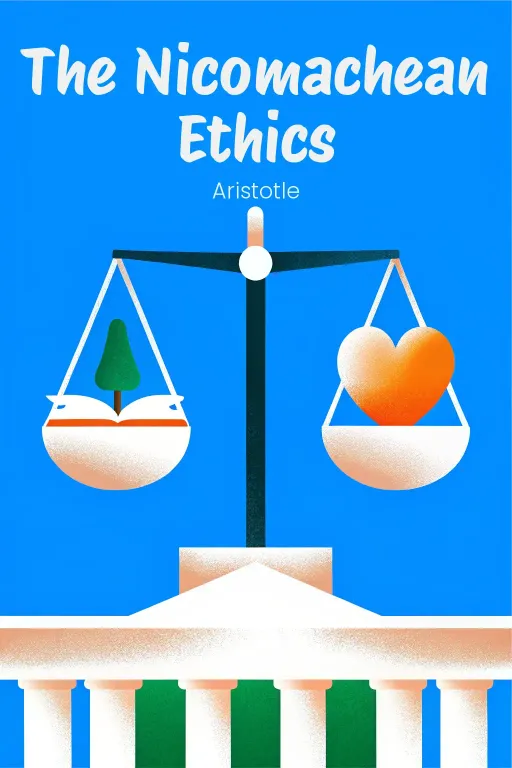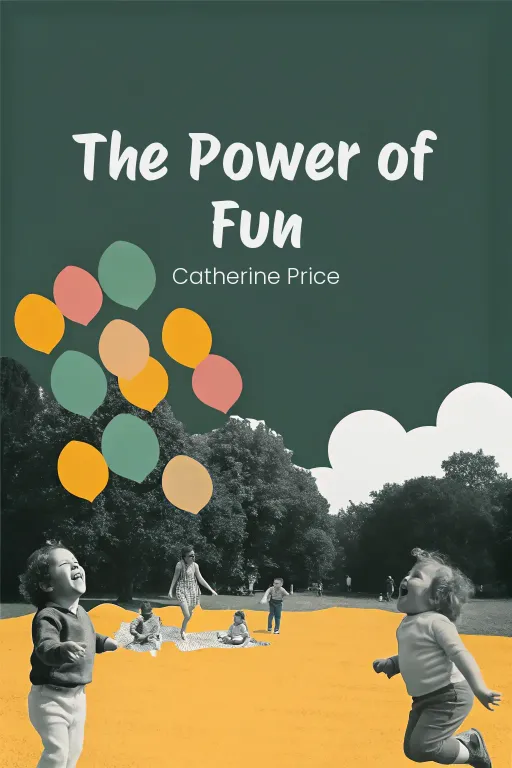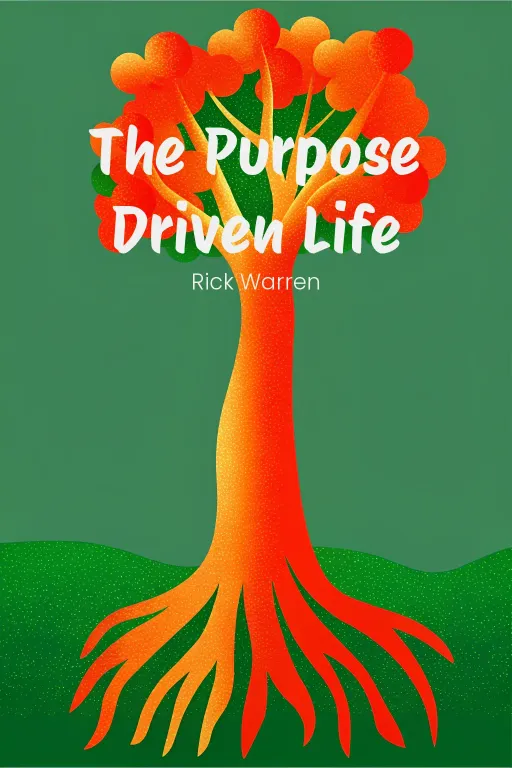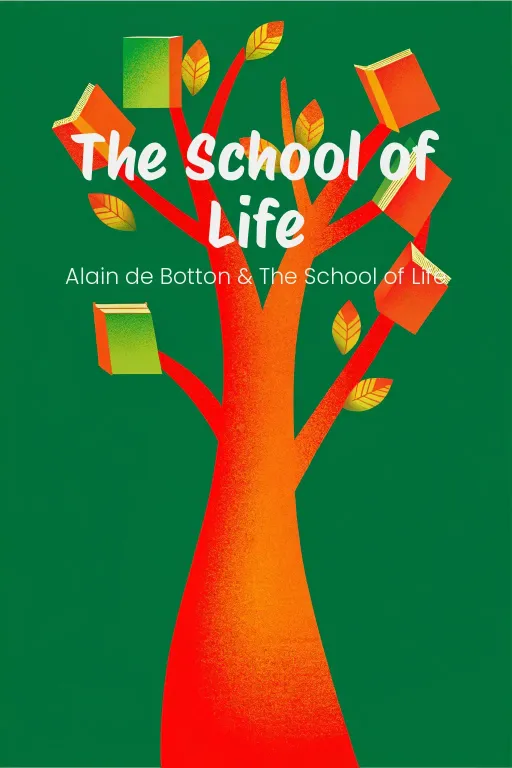
The Myths of Happiness
Sonja Lyubomirsky
"The Myths of Happiness" by Sonja Lyubomirsky debunks widespread misconceptions about sources of happiness, emphasizing that joy and fulfillment are not necessarily tied to specific achievements like marriage, wealth, or career success. The book explores the psychological concept of hedonic adaptation—the tendency to return to a baseline level of happiness after significant life changes—and provides evidence-based strategies for fostering resilience and finding genuine satisfaction. Through a blend of psychological research and practical applications, the author provides insights into improving relationships, handling life transitions, and cultivating long-term well-being by shifting focus to intrinsic motivations, enriching relationships, and savoring daily joys.

The Nicomachean Ethics
Aristotle
Aristotle's *Nicomachean Ethics* investigates the nature of human good, emphasizing that happiness (*eudaimonia*) is the ultimate purpose of life, achieved through virtuous activity guided by reason. The text explores moral and intellectual virtues, the doctrine of the mean, the role of justice, and the significance of friendship in living a fulfilled life. Aristotle stresses habituation and practical wisdom as essential for cultivating ethical character and concludes that a contemplative life is the highest form of happiness. Themes of balance, rationality, and mutual goodwill underscore a comprehensive framework for personal and social flourishing.

Every Monday Matters
Matthew Emerzian
"Every Monday Matters" by Matthew Emerzian is a motivational book designed to inspire readers to live with purpose, self-awareness, and service to others. It outlines weekly actions and themes that encourage personal growth, emotional resilience, meaningful relationships, and community engagement. Through journaling prompts, reflective practices, and specific steps, the book motivates individuals to foster kindness, creativity, authenticity, and positivity, creating a ripple effect of compassionate change in their lives and communities.

The Power Of Meaning
Emily Esfahani Smith
The book delves into humanity's intrinsic quest for meaning, contrasting it with the fleeting pursuit of happiness. Emily Esfahani Smith suggests that meaning arises from connections to something greater than oneself and is rooted in four essential pillars: belonging, purpose, storytelling, and transcendence. Drawing on philosophical insights, historical accounts, personal stories, and contemporary research, the narrative demonstrates that fulfillment is deeply tied to relationships, narratives of identity, personal growth, and self-transcendent experiences. Ultimately, the book presents a compelling argument that embracing life’s challenges and fostering connections can lead to deep and enduring fulfillment. ---

The Power of Fun
Catherine Price
"The Power of Fun" by Catherine Price offers a transformative exploration of the concept of "True Fun," defined as the confluence of playfulness, connection, and flow, and contrasts it with superficial distractions or "Fake Fun." Through personal anecdotes and research, the book highlights how societal norms, technology, and perfectionism inhibit fun, while genuine fun fosters well-being, creativity, and authentic relationships. Price provides a roadmap for identifying and prioritizing True Fun through actionable strategies, encouraging readers to embrace spontaneity, playful rebellion, and meaningful connections for a more vibrant and fulfilling life.

How to Be Perfect
Michael Schur
“How to Be Perfect” by Michael Schur is a humorous yet thoughtful exploration of moral philosophy as it applies to the decisions we face in everyday life. The book introduces ethical frameworks like virtue ethics, utilitarianism, and deontology, examining their implications through relatable dilemmas, such as returning shopping carts, managing public shaming, or engaging with problematic figures. Schur uses philosophical insights, anecdotes, and analysis of societal norms to provoke self-reflection and inspire personal moral growth. While rejecting the pursuit of perfection, the book emphasizes continuous ethical improvement, empathy, and balance in navigating the complexities of a flawed, interconnected world.

The Purpose Driven Life
Rick Warren
"The Purpose-Driven Life" by Rick Warren provides a comprehensive spiritual roadmap for discovering and living out God's purposes for human life. The book underscores five core purposes: to glorify God through worship, belong to a spiritual community, grow to be like Christ, serve others with unique gifts, and fulfill a mission of evangelism. Across a structured 40-day spiritual journey, Warren integrates biblical insights, practical applications, and reflective exercises to guide readers in aligning their lives with God’s eternal plan. By embracing this God-centered framework, individuals can experience profound meaning, personal transformation, and readiness for both life and eternity.

The School of Life
Alain de Botton
"The School of Life: An Emotional Education" addresses the importance of emotional intelligence in achieving personal fulfillment and societal well-being. It critiques contemporary biases toward technical education at the expense of emotional development, calling for a systematic approach to cultivating emotional maturity. Grounded in philosophy, psychology, and cultural insights, the text investigates how upbringing, societal norms, and relationships shape human emotion. It emphasizes self-awareness, compassion, and resilience, promoting emotional growth as an ongoing, lifelong process. By redefining success, love, and satisfaction, it seeks to realign cultural and individual aspirations with the realities of human imperfection and connection.